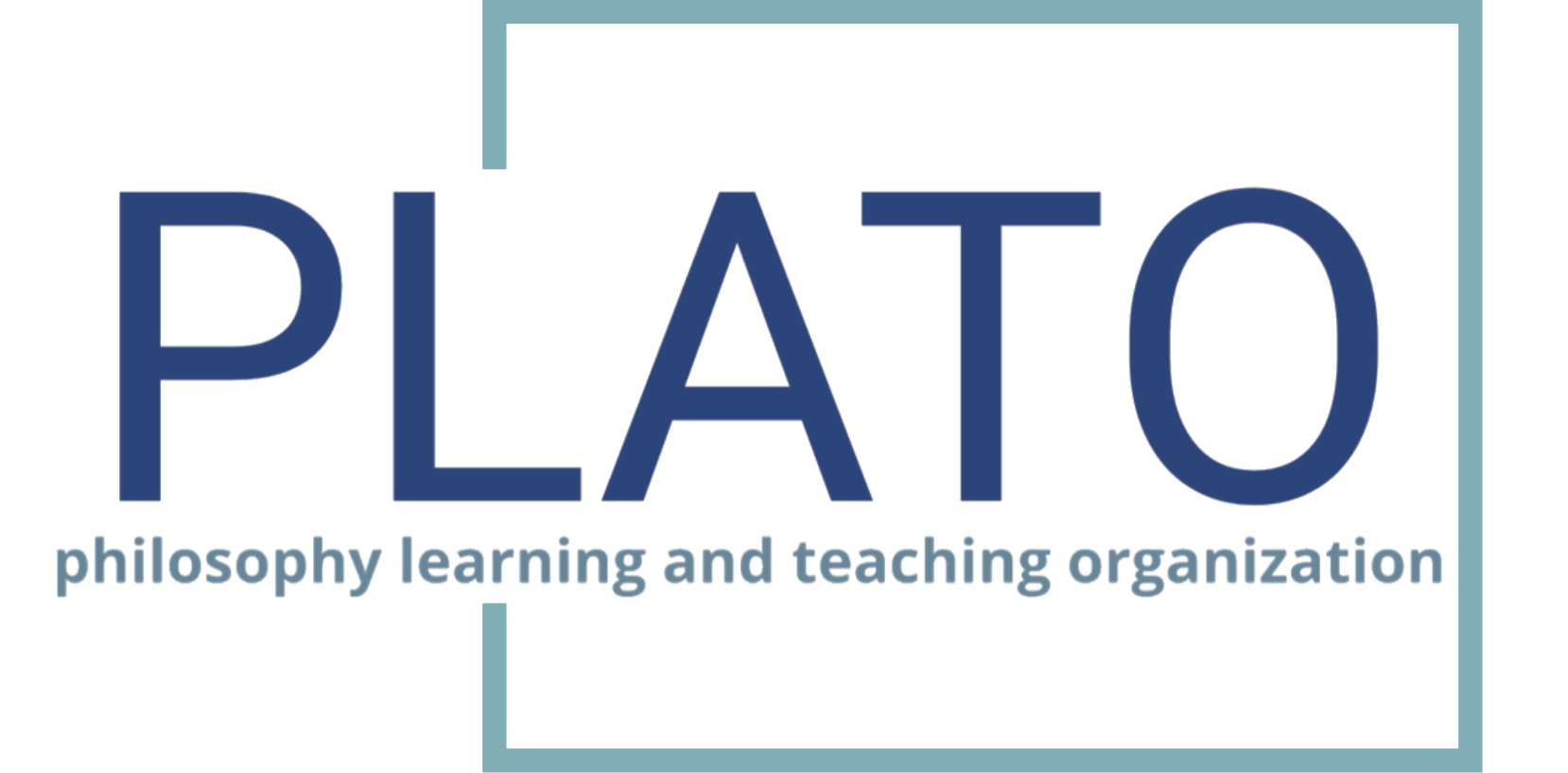Moral Philosophy and the Holocaust
Pen and ink
drawing
by Mollie Hunt
8th grade student
drawing
by Mollie Hunt
8th grade student
Winthrop, WA, 2008
I grew up in the shadow of the Holocaust, learning about the horror of it as an elementary school child, experiencing recurrent childhood nightmares about the Nazis. For years I stayed away from the subject, avoiding books and films that dealt with it.
After the Rwandan genocide in 1994, though, I began thinking more and more about genocide generally and the Holocaust in particular, and what I could do as an educator to get involved in working to prevent further genocides. I started reading books about the Holocaust, watching films, and thinking about developing a philosophy class that looked at the Holocaust and the moral questions raised by it and other events of genocide.
I talked to the Washington State Holocaust Education Resource Center, the United States Holocaust Memorial Museum and other educational resources around the country. One of the best resources I found was Facing History and Ourselves, an international organization dedicated to helping teachers lead their students in critical examinations of history, with particular focus on genocide and mass violence. In 2005 I enrolled in their online seminar for teachers, “Holocaust and Human Behavior,” and that eight-week class provided me with abundant ideas and resources for what I wanted to do. I highly recommend this online class!
At the time that I finished the Facing History course, I was doing general philosophy sessions in some middle and high school classes. The students were reading some Holocaust literature, including Elie Wiesel’s Night and The Diary of Anne Frank. Although the students were reading this material and discussing it, there was no intensive Holocaust unit in place. The English teachers welcomed my offer to do a unit on “Moral Philosophy and the Holocaust.” That first year, we watched films and read various short pieces about the Holocaust, and discussed moral questions about individual responsibility and the nature of community, forgiveness and courage.
The unit has become an annual eight-week series of classes in the eighth grade that encompass philosophy, language arts and history, taught by me and the language arts and history teachers. It includes five films, discussion groups with parent volunteers helping the two teachers and me, multimedia projects, and visits to our school at the end of the unit by speakers who have experienced the Holocaust.
Through viewing films, working on projects and participating in ongoing discussion groups, we explore the following questions:
What is a community? What shapes its identity?
Is it morally permissible to resist authority in certain situations? Is it ever morally obligatory to resist?
Is indifference morally wrong?
What keeps people silent in the face of moral wrongs?
How does knowledge of past wrongs affect our moral responsibilities?
Do we have a moral obligation to help others?
What is courage?
What is forgiveness? Who has the power to forgive oppressors? Is forgiveness possible?
Subscribe
Login
0 Comments


